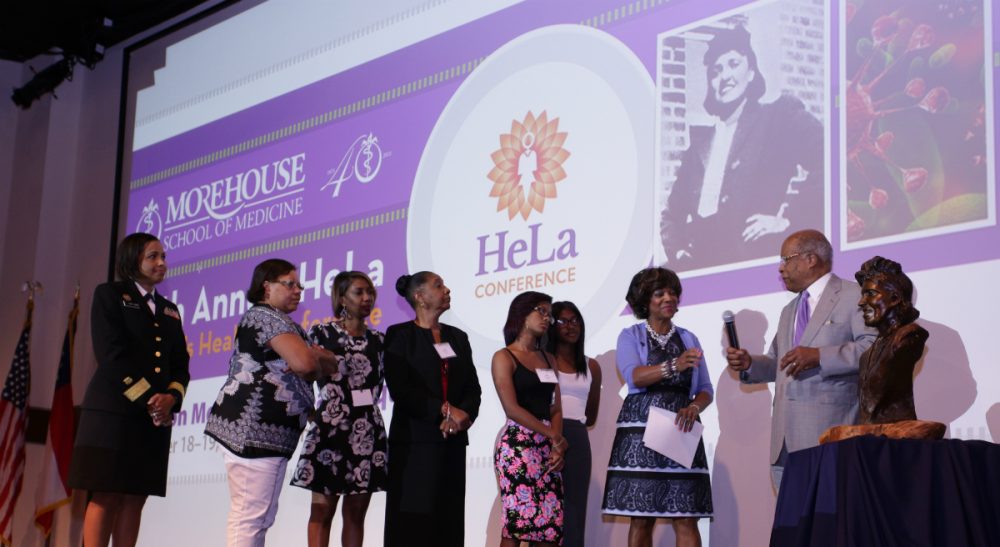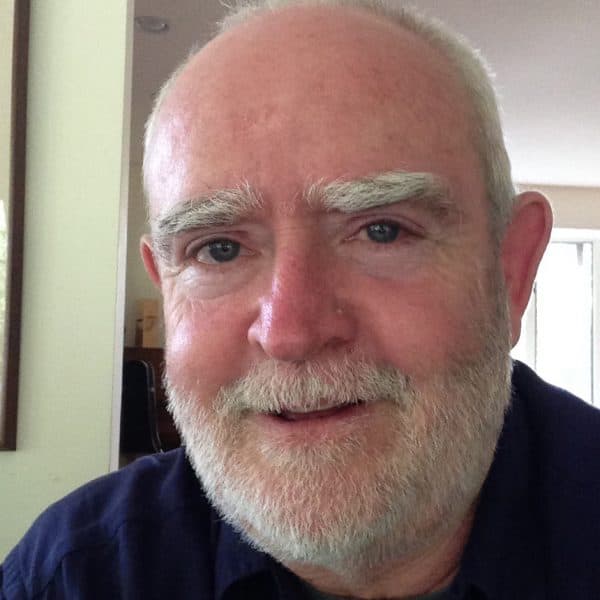Advertisement
Immortal Tension: Henrietta Lacks, And The Rift Between The New Common Rule And The Common Good

Henrietta Lacks has been dead since 1951 from the cancer that transformed medical research. She is about to transform research yet again.
In many ways Lacks is the guiding light in a rewriting of the Common Rule, the federal regulations governing research involving human subjects. In the works since 2011, the new regulations are anticipated in 2016 from the U.S. Department of Health and Human Services, although the only deadline is the election of a new president.
But are authors of the new Common Rule following the wrong light — that is, giving too much weight to just one moral of the Henrietta Lacks story? Is devotion to consent and privacy devaluing equity among governing principles for research?
The answers will emerge from a necessary tension between protecting human subjects and society’s craving for new and faster treatments and cures.
the Henrietta Lacks story is as much about justice as individual choice, and as much about trust as privacy.
Lacks never consented for her cancerous tissues to be shared widely among researchers. For decades, her own family was unaware of the so-called HeLa cells, their enduring value to medical science and the profound violation of their privacy. So it is right that her story, as told in Rebecca Skloot’s 2010 book “The Immortal Life of Henrietta Lacks,” will inform the new Common Rule. (Editor's note: See Rebecca Skloot’s priorities for the new Common Rule here, how bioethicist Michelle Meyer disagrees here.)
Abuses of vulnerable individuals and populations led to the field of bioethics itself, and to the original Common Rule in 1991. The regulations are being changed now to account for the vast and growing stores of genetic and other data, as well as blood, tissues and other human specimens crucial to discovery.
But another tragedy of the Lacks story concerns fairness. For a half-century, while the HeLa cells helped scientists improve understanding and treatment of numerous diseases — a profound gift to patients worldwide — the Lacks family couldn’t afford and had little access to decent health care.
And so the Henrietta Lacks story is as much about justice as individual choice, and as much about trust as privacy.
Many Americans have little or no access to medical care at the resource-rich, often university-affiliated institutions where research flourishes, biospecimens are collected and new cures and treatments are developed.
Will the new Common Rule correct this? Or will the attendant burdens of a revamped consent process, inordinately protecting individual choice, make specimen and data collection beyond the means of community health providers and further widen the health equity gap?
“How might broad consent be implemented in a community health center that has no resources, that is just getting their electronic health records up, that’s just now figuring out how they can do research in their center altogether?” said Aaron Goldenberg, a specialist in research law and ethics at Case Western Reserve University in Cleveland.
Goldenberg’s concern, repeatedly expressed by others at the recent “SpecimenScience” conference at Harvard Law School’s Petrie-Flom Center, is that the clinics and community health centers where many under-served populations receive their care don’t have the staff or infrastructure to take on the added demands of a broad consent process. Specimen collection will suffer. In this era of precision medicine and a cancer "moonshot," research specific to those communities will lag further behind more privileged populations served by hospitals with deeper pockets.
And the new Common Rule will worsen one injustice in the attempt to address another.
“We work with a couple community health centers,” Goldenberg said, “and they have no basis to do this any time soon. … This is going to be a national problem. The new regulations may make it harder for under-served populations to participate in research studies.”
At the center of this quandary over how to get the Common Rule right are institutional review boards (IRBs), which are responsible for protecting humans in research but can frustrate researchers with inconsistency and lack of accountability.
With real transparency and respect for equity, it’s possible the new Common Rule could align with the common good and make justice part of the Henrietta Lacks legacy.
For patient protection, some would rely instead on the courts and professional self-regulation. Others argue for an opt-out system for research participants that assumes altruism among patients. More likely: IRBs fewer in number but greater in reach, and a new process for broad consent that only resource-rich institutions can afford.
Policy-makers face a daunting task: expedite development of new cures and treatments while staying vigilant against research abuses of human subjects. Addressing systemic inequity only adds to this challenge.
The public comment period meant to inform the new Common Rule, extended once, closed in early January. The new Common Rule is expected later in 2016.
“My prediction,” Jeffrey Botkin, pediatrician/ethicist at the University of Utah, wrote in the Hastings Center Report, “is that this consent process will become perfunctory — another form to sign during admission — and fall far short of our goal of respect for persons: add a large, complex, and expensive burden to institutions; and create new barriers to the conduct of research.”
With real transparency and respect for equity, it’s possible the new Common Rule could align with the common good and make justice part of the Henrietta Lacks legacy. That would be a worthwhile transformation.
